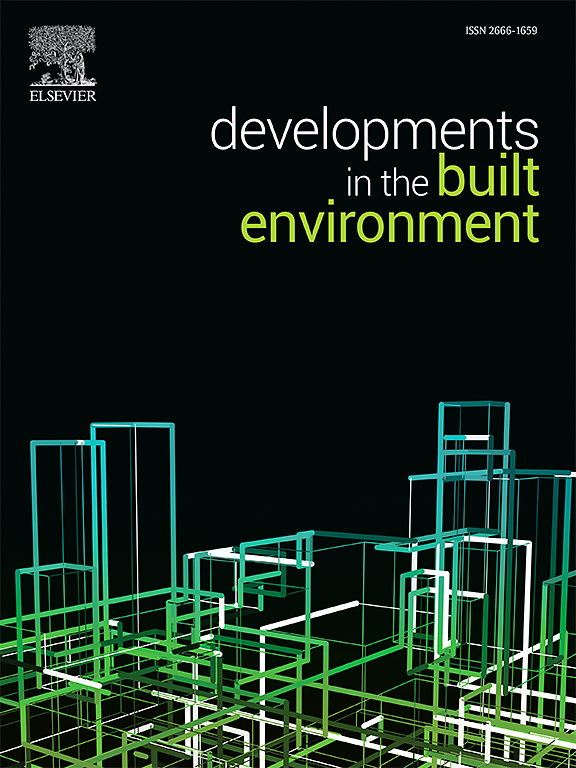Explainable machine learning model for load-deformation correlation in long-span suspension bridges using XGBoost-SHAP
IF 6.2
2区 工程技术
Q1 CONSTRUCTION & BUILDING TECHNOLOGY
引用次数: 0
Abstract
The deformation of long-span suspension bridges in multiple loads is an important indictor to reflect their operation state. However, the correlation between multiple loads and structural deformation is difficult to quantify. Therefore, this study proposes an explainable machine learning model for the load-deformation correlation in long-span suspension bridges using eXtreme Gradient Boosting (XGBoost) and SHapley Additive exPlanations (SHAP). Firstly, the structural health monitoring system for a suspension bridge was used to construct the dataset for the training and testing of XGBoost model. Herein, temperature, wind and vehicle loads were used as the input variables, while midspan deflections and expansion joint displacements were treated as outputs. Subsequently, the hyperparameters of XGBoost model were optimized using grid search and 5-fold cross-validation to ensure its prediction performance. Then, the prediction results were compared with other four machine learning methods (i.e., linear regression, artificial neural networks, gradient boosted decision trees and CatBoost). Finally, the correlation between different loads and displacement responses were explained by the SHAP method to identify the contribution of the loads on deformation. The results show that the XGBoost model has the highest prediction accuracy. Compared to vehicle and wind loads, temperature significantly affects the deformation of long-span suspension bridges during daily operation. The effects of temperature and wind on bridge deformation are independent, and there is no significant interaction between these two factors.
利用 XGBoost-SHAP 建立大跨度悬索桥荷载-变形相关性的可解释机器学习模型
大跨度悬索桥在多重荷载作用下的变形是反映其运行状态的重要指标。然而,多重荷载与结构变形之间的相关性难以量化。因此,本研究利用 eXtreme Gradient Boosting(XGBoost)和 SHapley Additive exPlanations(SHAP)为大跨度悬索桥的荷载-变形相关性提出了一种可解释的机器学习模型。首先,利用悬索桥结构健康监测系统构建数据集,用于 XGBoost 模型的训练和测试。其中,温度、风荷载和车辆荷载被用作输入变量,而中跨挠度和伸缩缝位移被视为输出变量。随后,利用网格搜索和 5 倍交叉验证对 XGBoost 模型的超参数进行了优化,以确保其预测性能。然后,将预测结果与其他四种机器学习方法(即线性回归、人工神经网络、梯度提升决策树和 CatBoost)进行比较。最后,用 SHAP 方法解释了不同荷载和位移响应之间的相关性,以确定荷载对变形的贡献。结果表明,XGBoost 模型的预测精度最高。与车辆荷载和风荷载相比,温度对大跨度悬索桥在日常运营中的变形影响更大。温度和风对桥梁变形的影响是独立的,这两个因素之间没有明显的交互作用。
本文章由计算机程序翻译,如有差异,请以英文原文为准。
求助全文
约1分钟内获得全文
求助全文
来源期刊

Developments in the Built Environment
Multiple-
CiteScore
7.40
自引率
1.20%
发文量
31
审稿时长
22 days
期刊介绍:
Developments in the Built Environment (DIBE) is a recently established peer-reviewed gold open access journal, ensuring that all accepted articles are permanently and freely accessible. Focused on civil engineering and the built environment, DIBE publishes original papers and short communications. Encompassing topics such as construction materials and building sustainability, the journal adopts a holistic approach with the aim of benefiting the community.
 求助内容:
求助内容: 应助结果提醒方式:
应助结果提醒方式:


